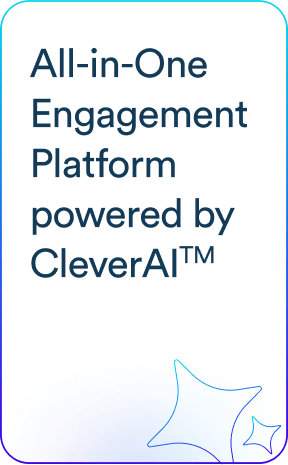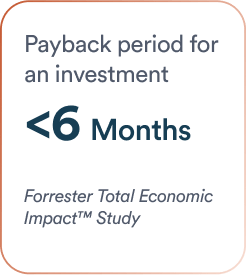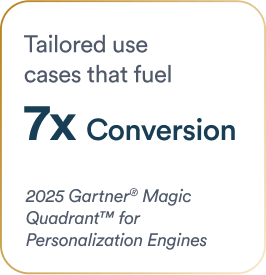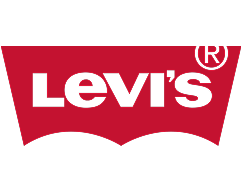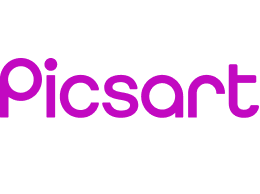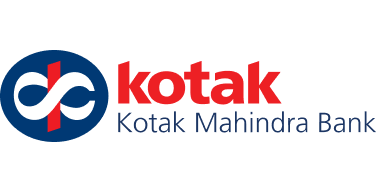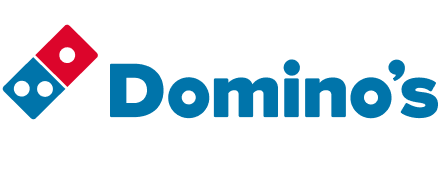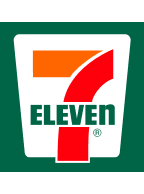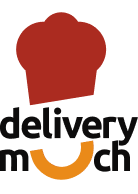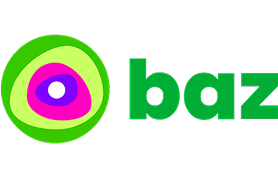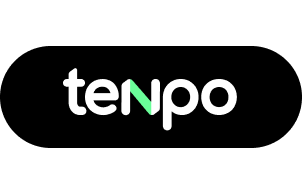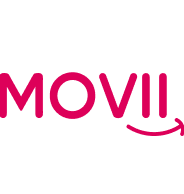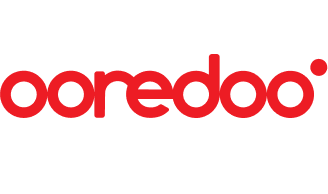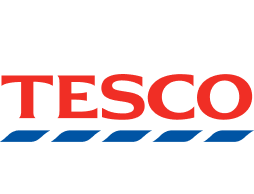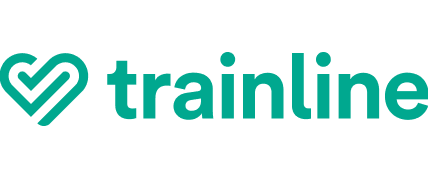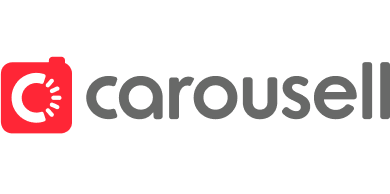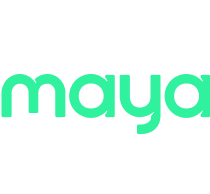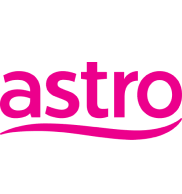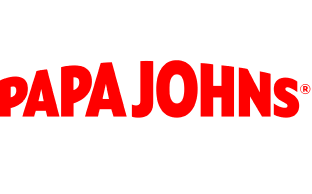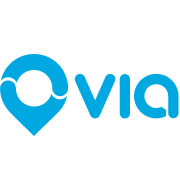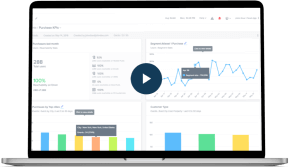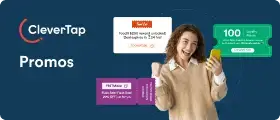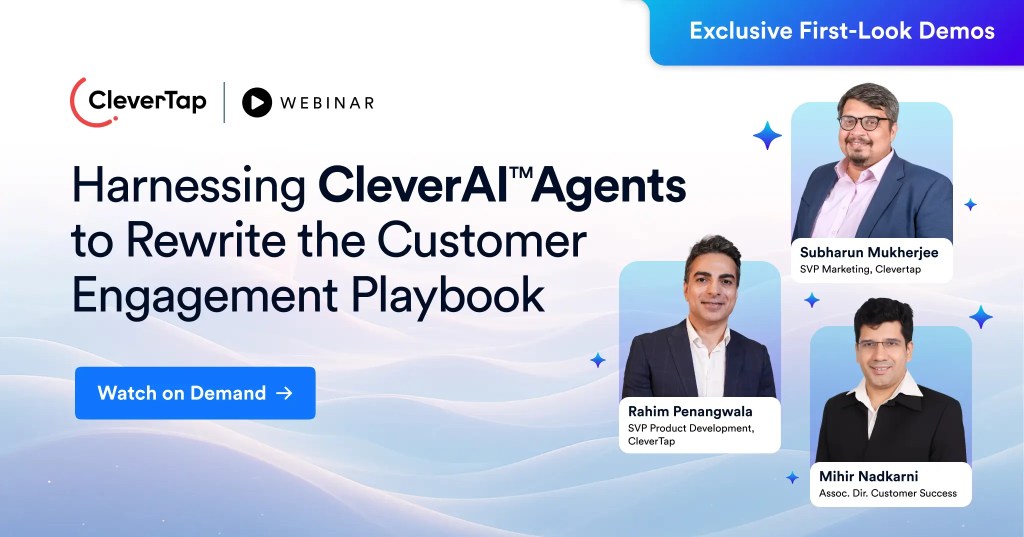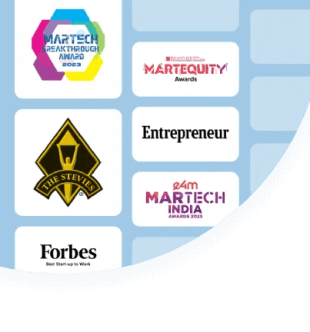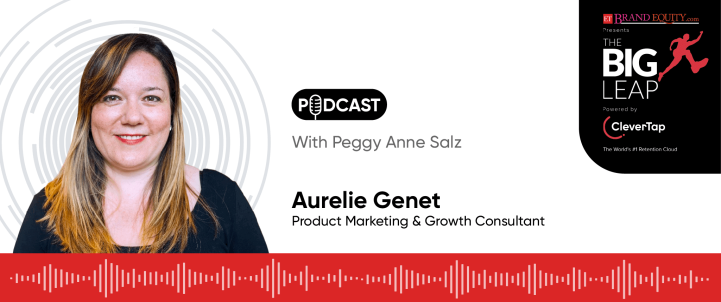Empathy is a key trait for marketers at all levels. The ability to understand a user’s needs and challenges is a cornerstone when it comes to shaping messaging, tone, and ultimately being able to secure that all important user retention.
It’s one of the skills that our guest today has in abundance. Throughout her career, Aurélie Genet has been a part of companies at the forefront of app engagement. From Skyscanner and Trainline, to womens’ health app Flo Health (which counts 22 million users), Genet has a natural talent for building engaged mobile audiences.
On this episode of The Big Leap, Genet talks to host Peggy Anne Salz about who owns the user journey and why knowing your users’ ‘aha’ moment is one of most powerful tools in a marketer’s playbook.
Defining the User Journey Through Collaboration
“Actually putting yourselves in the shoes of a user can really help you unlock a lot of things when it comes to retention and engagement, because you get to understand the real problem that they’re trying to address.” What might seem like a fundamental part of a marketer’s job is one that often goes missing. For Genet, the problem lies in siloed departments all claiming ownership of the user journey without communicating.
She sees collaboration as key to making sure the user is truly understood, and satisfied: “If you don’t have the right product, the right people, and the right tech, then you’re not really going to go anywhere. Which can sound very simple, I admit it, but I think even if you don’t totally align all of these three, you’re leaving money on the table. And given the current climate, I don’t think anyone wants to be leaving money on the table.”
Embracing the Right Metrics
Understanding the user comes from reproducing the journey, and plenty of internal feedback as the product develops. And from that comes a better understanding of the metrics that will define your product. Whether it’s a revenue generating exercise, or a user engagement play — it’s important to know what the true function of your app is.
Using the example of her time at the Trainline, Genet discusses the shift from revenue to retention: “The app became a retention tool for the wider business and changed drastically the performance because then, it just boomed for Trainline, which was great. Because if we had focused just on the revenue, we would’ve missed out completely on the engagement side.” She continues, “It’s about actually building that list of actions that users can take and then understand what’s the journey that we should take them through.”
She sees retention as a central part of app marketing, but also a tricky one: “It’s critical because you acquire users once, you can express how good you are, impress them very quickly, but you can only acquire them once. You want to make sure once you acquire them, you have them in the long haul because if they like what you do, they will help you acquire more people as well.”
The Power of Reflection
All businesses, and particularly startups, can be driven by their own desire for success and their steadfast belief in their own product. Genet sees the opportunity that lies in a bit of perspective: “When you are so much into your own world that you just believe that your product is the best, that you’re in a rocket ship, that you’re better than everyone else… And I think sometimes stepping outside of that and having a look at what’s happening in the world can help you re-adjust to reality a little bit.”
Trial and error is a big part of this, and Genet believes in the power of testing and learning: “Wanting the world when you promote an MVP is just not realistic. So, of course, we can trial some marketing tactics and some retention ideas, but it’s only going to inform the next stage of that strategy once the product becomes fuller and better for the users.”
To hear much more of Genet’s thoughts on empathy, the user journey, and the power of using the correct metrics, listen to the episode in full.

A Complete Guide to User Engagement
Shivkumar M 
Head Product Launches, Adoption, & Evangelism.Expert in cross channel marketing strategies & platforms.
Free Customer Engagement Guides
Join our newsletter for actionable tips and proven strategies to grow your business and engage your customers.

